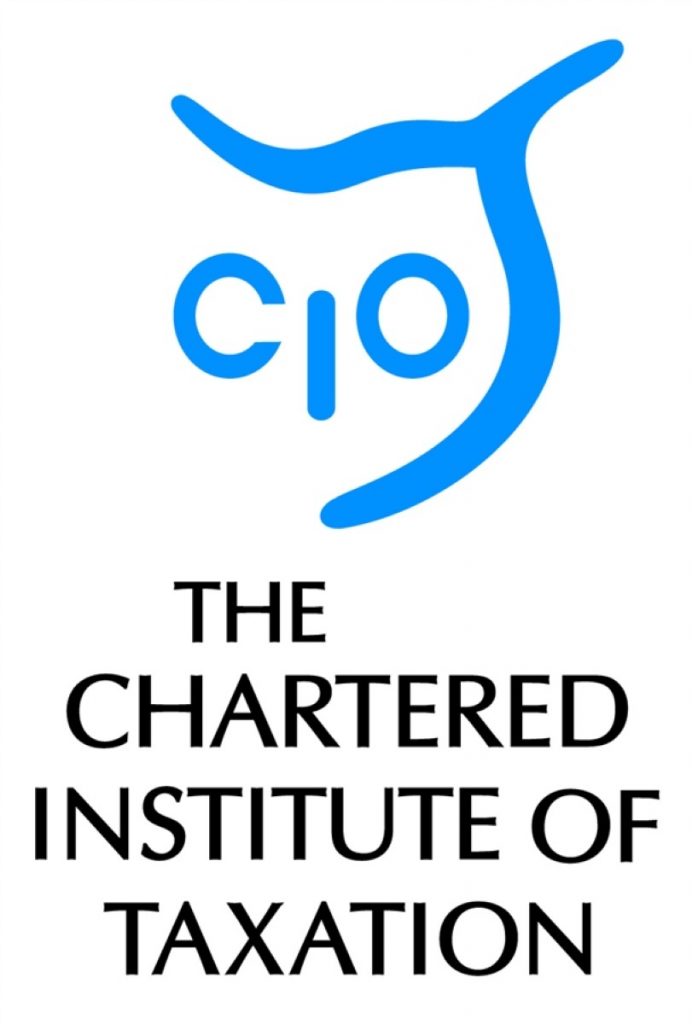BLOG: Europe’s search for a balance on taxpayers’ rights v responsibilities
As one of the main authors of the Model Taxpayer Charter (MTC), I can say with confidence that it is intended to foster a relationship of mutual trust, respect and responsibility between taxpayers, tax advisers, tax administrations and the State. It is much needed, not only because of the scandals and shocks to the tax world this year, but because it is so important that taxpayers recognise that their compliance with an acceptable and fair tax administration is fundamental to a stable economic system.
By following MTC principles, the costs of compliance will be reduced, the quality and efficacy of tax collection will be increased, the confidence of the taxpayer in tax systems and administrations will be boosted and all taxpayers, rich and poor, can aspire to equal treatment without bias or preference.
MTC is built on a survey in 41 countries, which reviewed existing taxpayers' rights and responsibilities, and on several historic charters and enshrined rights. We consider its prime source of strength is the Universal Declaration of Human Rights because this both states those rights each human can expect and also requires that those rights are recognised. This essential balance we see as fundamental to tax administration in all countries.
The Model Charter is just that, a model similar in concept to the Model Double Tax Convention.
In the UK, it does not seek to replace the HMRC ‘Your Charter’, updated earlier this year. That charter charges the UK tax authority with providing a service that is fair, accurate and based on mutual trust and respect. If the MTC were followed there would also be clear statements about taxpayer responsibilities for compliance and ethical behaviour on the basis that you cannot have one without the other.
Among the fundamental rights that taxpayers should expect are to be treated with integrity and equality, to appeal and to seek dispute resolution, to get appropriate assistance and to have confidentiality and privacy respected. Taxpayers have matching responsibilities to be truthful, cooperative, to comply with the law and maintain records. Having one without the other abuses the rights and expectations of other taxpayers.
We intend that the MTC will be used as a template by any state wishing to put into place balanced legislation that frames the rights and responsibilities of taxpayers within their jurisdiction. It is that equilibrium between rights and responsibilities that we strive to achieve with MTC. As in the UK, many countries have the framework of a charter already in place but some do not. Many have piecemeal legislation which includes some of the provisions but not in any structured or balanced way.
The consultation draft of the MTC was presented to and discussed with many bodies including the European Commission, the OECD and the UN Tax Committee. Their observations and comments have been taken into account in producing this final version.
When presenting the Charter to the OECD, we were surprised to be given a very warm welcome at a time when the rigours of the BEPS process were getting under way. A key thought we took away from the meeting was that taxpayers’ rights were an essential pillar of the BEPS process. A clear recognition that changing the attitude of both taxpayer and tax administrator by adoption of the principles of the MTC is essential to achieving the changes envisaged by the BEPS programme.
We are all taxpayers and we all need stable economic systems in order to work, hold assets, make profits and provide for those in need. Taxpayers who do not subscribe to that view but seek to use those economic systems for their own benefit, corporate or individual, are abusing the system and damaging it, possibly irreparably. A taxpayer charter based on our MTC sets down the rules which we can all use and expect others to use. There is a fundamental mutuality inherent in the concept.
Ian Hayes is a Council Member of CIOT and Vice President of the Confédération Fiscale Européenne (CFE).





-01.png)